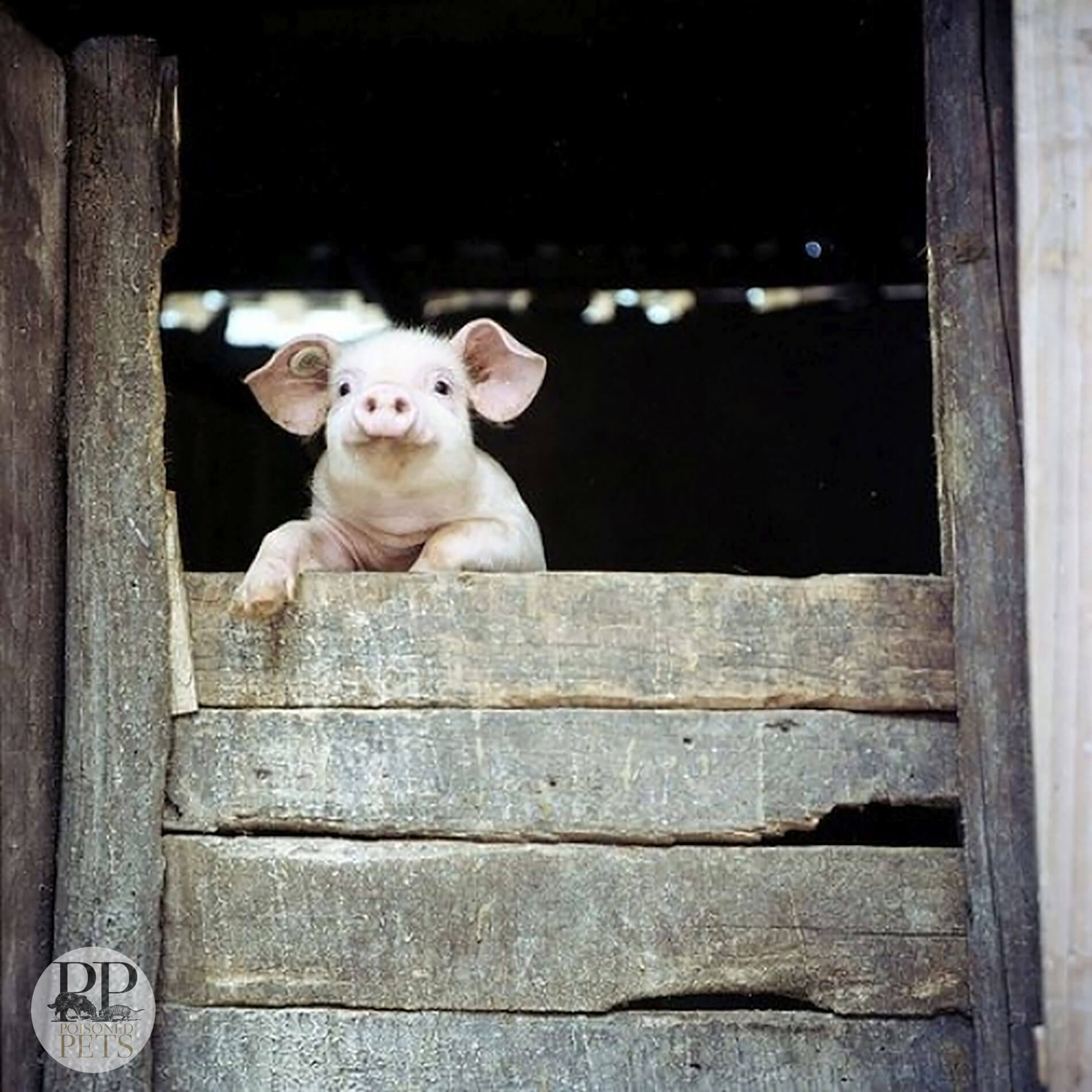Today, the U.S. Food and Drug Administration (FDA) announced an update on the continuing investigation into contaminated pig ear pet treats connected to human salmonellosis infections. Both the FDA and the U.S. Centers for Disease Control (CDC) continue to warn to avoid all pig ear pet treats and retailers to stop selling all pig ear treats at this time.
The CDC is reporting that the initial number of people affected jumped from 127 on July 31, 2019, to 143 cases of human infection tied to exposure to pig ear pet treats with Salmonella, and many of these cases are multidrug-resistant. So far, thirty-three people have been hospitalized.
To date, the people with Salmonella infections have been linked to pig ears imported from Argentina, Brazil, and Colombia. However, these pig ears do not account for all the illnesses in this outbreak. Adding to the difficulty is pig ears sold in bulk bins may include treats from multiple sources which do not allow the products to be distinguished.
INCREASED SCRUTINY
While the source of the treats is still under investigation, the FDA is increasing its scrutiny of pig ears imported into the United States by issuing an import alert which allows customs to detain all pig ears and other pet treats without physical examination.
So far three firms have been identified for exporting Salmonella contaminated treats to the U.S., including Custom Pet S.A.S. (Colombia), Suarko, SRL (Argentina) and Anabe Industria e Comercio de Proteinas (Brazil).
A SERIOUS THREAT
Because of the number of people involved and the severity of their illnesses after coming into contact with the contaminated treats, the FDA believes that “contaminated pig ear pet treats represent a serious threat to human and animal health and are adulterated under the Federal Food, Drug, and Cosmetic Act because they contain Salmonella.“
Both the CDC and the FDA are warning consumers to remove pig ear treats from their homes and to take steps to prevent Salmonella infection; advising consumers to dispose of them in a secure container where animals, including wildlife, cannot access it.
DISINFECTION
They urge consumers to practice good hygiene by washing their hands thoroughly and “disinfect any surfaces that have come into contact with potentially contaminated products.”
And they are warning consumers to keep the treats away from small children, and not to allow their pets to lick them, their family members, or any surface in their homes.
The warning extends to sellers of the treats who have advised them to wash and sanitize bulk bins, other storage containers, and any surfaces that have come into contact with potentially contaminated products.
CARRIERS OF DISEASE
Another concern is that people can be carriers of the bacteria and pass it to other humans and animals while not displaying any symptoms when they are infected with Salmonella. Likewise, infected pets can shed the bacteria in their feces and saliva without showing any signs of being sick, but can still be capable of spreading the bacteria.
But when people or pets do become sick, with what is diagnosed as salmonellosis, signs typically include vomiting, diarrhea (which may be bloody), fever, loss of appetite and decreased activity level. But in some people and pets, diarrhea may be so severe that they need to be hospitalized. In these patients, the Salmonella infection may spread from the intestines to the bloodstream and then to other body sites.
IF YOUR PET IS ILL
Veterinarians who wish to have pets tested for Salmonella may do so through the Veterinary Laboratory Investigation and Response Network (Vet-LIRN Network) if the pet is from a household with a person infected with Salmonella. FDA encourages consumers to report complaints about pet food products electronically through the Safety Reporting Portal.
To find out more, read my article on How Contaminated Pig Ears Will Change the Way We Think About Pet Food Forever.
ADDITIONAL INFORMATION FROM THE FDA
- FDA Fast Facts: FDA advises consumers not to purchase or feed, and retailers not to sell, any pig ear pet treats
- Pig Ear Pet Treats: Q&As for Retailers, Distributors, Importers, Suppliers, Manufacturers
- CDC Salmonella
- CDC Investigation Notice: Outbreak of Multidrug-Resistant Salmonella Infections Linked to Contact with Pig Ear Dog Treats
- MDARD Consumer Advisory: Pig ear pet treats sold in bulk distributed in Michigan potentially contaminated with Salmonella
- Pet Supplies Plus Issues Consumer Advisory for Bulk Pig Ear Product
- The Lennox Intl Inc is Voluntary Recalling Natural Pig Ears
- Dog Goods USA LLC To Conduct A Voluntary Recall of Chef Toby Pig Ears Treats Because of Possible Salmonella Health Risk
THANKS FOR READING …
You made it to the end, which must mean you found the article compelling, or just plain facsinating. Either way, would it surpise you if I told you that I do this work – for free – because I love pets. In fact, I am just nuts about them. So, I feel it my mission in life is to protect pets and the people that care for them by writing stories that affect them – without trying to sell anything. Because I feel it would be unethical to have sponsors or advertisers – I rely entirely on my readers – like you – to help me pay for the running of my website. I know it’s asking a lot, but if you could donate – even if it’s just a little bit – it would mean the world to me. Please consider supporting my work on Poisoned Pets today.


Pingback: Puppy Up Foundation | FDA Has New Information About The Nationwide Pig Ear Recall; More People Ill, Worldwide Search for Suppliers Continues